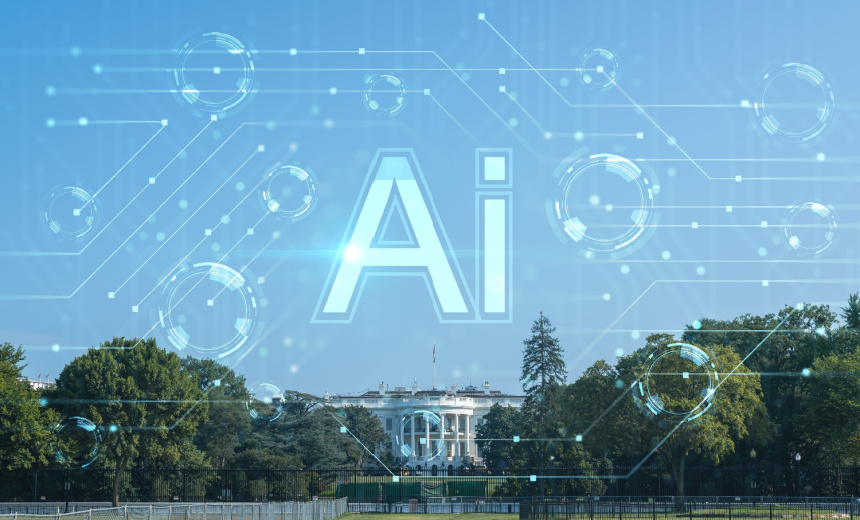
The White House has initiated its Presidential Artificial Intelligence Challenge, aiming to broaden the integration of AI in educational settings as the academic year commences. This move coincides with the Federal Trade Commission’s impending investigation into the potential impact of popular AI chatbots on children’s mental health.
President Donald Trump engaged with leading figures from major tech companies Thursday to discuss leveraging AI to position the U.S. as a leader in technological innovation. This meeting followed the second summit of the White House Task Force on AI Education, wherein First Lady Melania Trump unveiled various commitments aimed at advancing the administration’s AI challenge. These initiatives promise toolkits, webinars, and classroom guides designed to enhance the application of AI resources in K-12 schools nationwide.
During the meeting, Education Secretary Linda McMahon expressed that the Department of Education is fully aligned with the Presidential AI Challenge, encouraging both students and educators to explore AI technologies with curiosity and innovative thinking. However, experts have raised concerns regarding the rapid deployment of AI tools in American classrooms, citing potential cybersecurity vulnerabilities, privacy risks, and the well-being of minors as significant issues.
Significant financial commitments have been made by tech giants like Alphabet and IBM, both represented at the education summit. Labor Secretary Lori Chavez-DeRemer noted that the agency is working to forge new private-sector partnerships aimed at broadening access to AI educational materials across the country. Google CEO Sundar Pichai emphasized that these efforts are intended to empower the next generation to address complex problems, stimulate innovation, and contribute to a promising future.
Recent studies indicate that while AI tools can provide benefits in educational environments, they also pose substantial risks, particularly concerning harmful or inappropriate content. As reported by the Wall Street Journal, the FTC is set to contact several leading tech firms that were present during the White House meeting, demanding information as they investigate the potential influence of chatbots like OpenAI’s ChatGPT on children’s mental health.
The White House Presidential AI Challenge invites students nationwide to engage in projects utilizing AI tools to tackle community challenges while encouraging educators to adopt innovative teaching methods that incorporate AI technologies in K-12 education. Executives participating in the summit expressed a commitment to addressing the multifaceted needs of education through AI, as outlined in executive orders signed by Trump in April.
Amid ongoing lawsuits against AI companies regarding claims of adverse effects on teenagers, OpenAI has announced plans to develop accounts for teenagers equipped with parental controls. This move reflects increased scrutiny of AI technologies and their implications for youth mental health, particularly as the administration navigates the intersection of innovation and safety in educational environments.
This revision maintains a journalistic tone aimed at a professional audience while emphasizing factual reporting on the developments around AI education and related concerns. The article also addresses potential cybersecurity implications without overwhelming the reader with jargon.